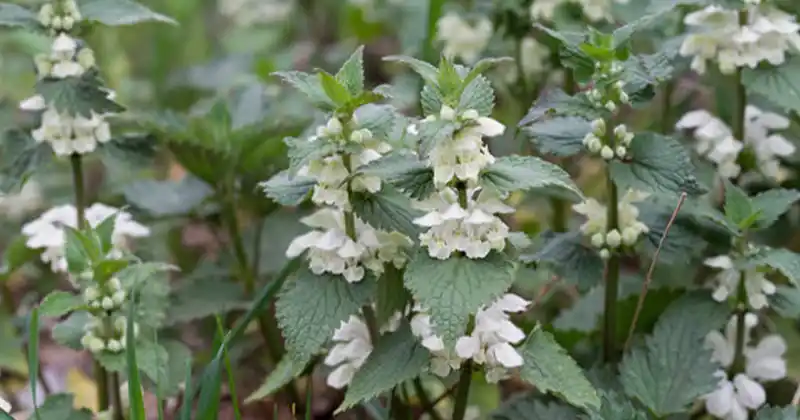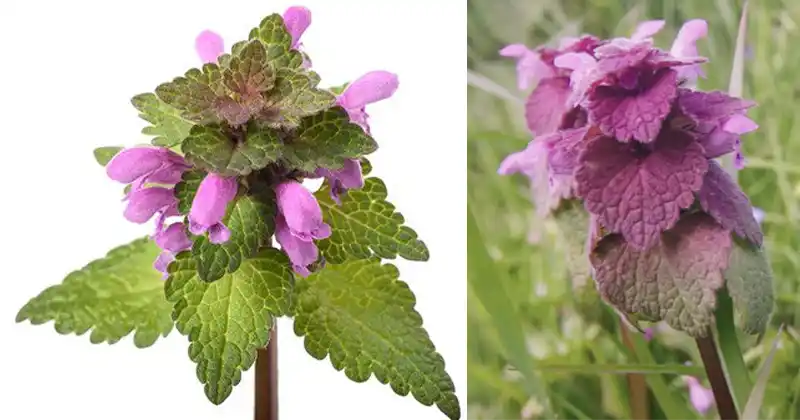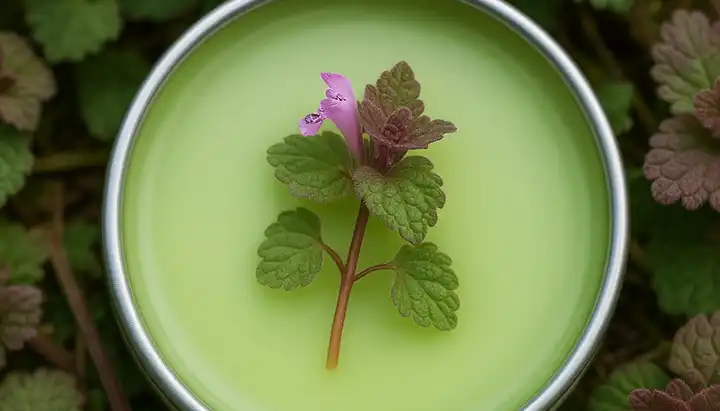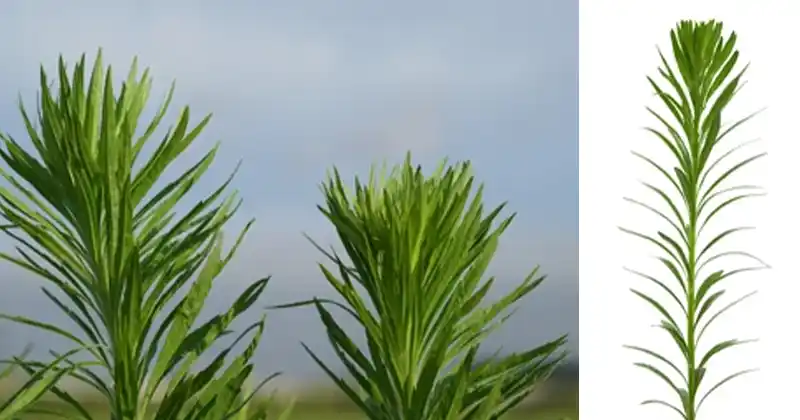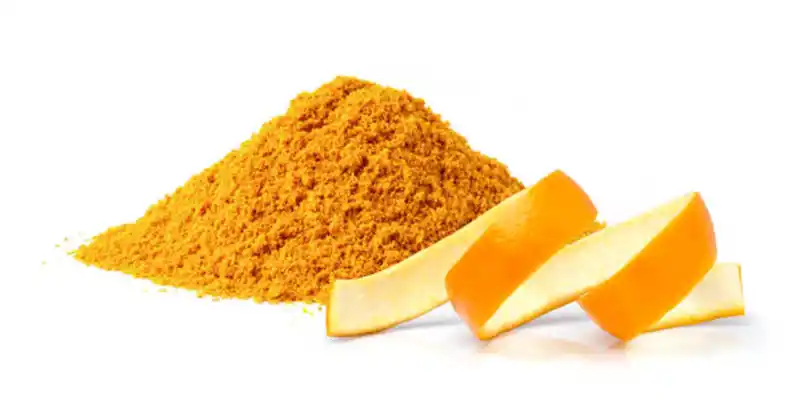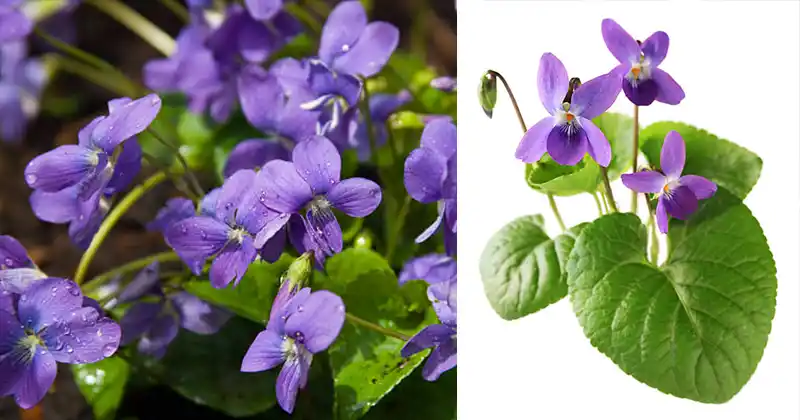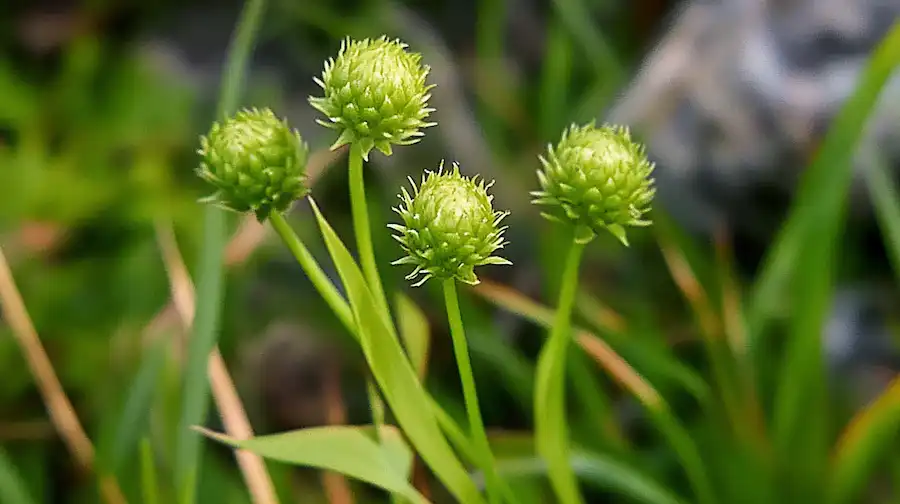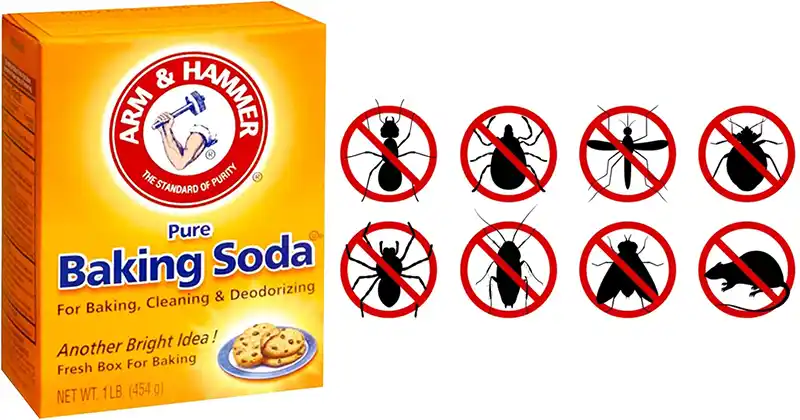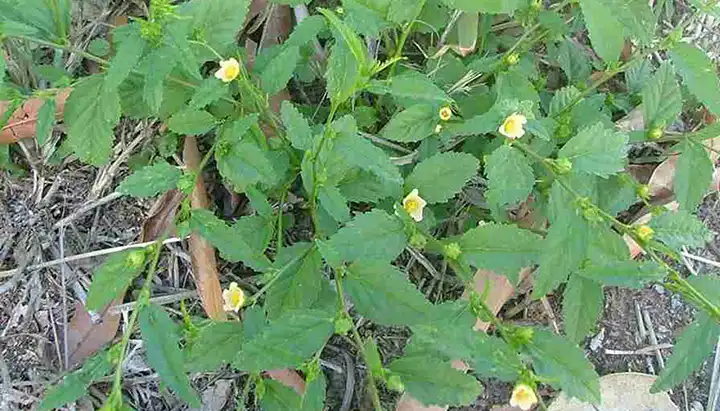Elevating Sustainable Agriculture: The Multifaceted Benefits of Nettle Fertilizer Pesticide
In the evolving sphere of agriculture, the pursuit of more sustainable and environmentally responsible farming techniques is intensifying. One emerging and notable practice within this realm is the utilization of nettle fertilizer pesticide. Nettles, commonly regarded as mere weeds, can actually be converted into a robust and natural amalgamation beneficial for fertilizing crops and controlling pests. This exploration will unravel the application methods and multiple benefits of integrating nettle fertilizer pesticide in contemporary agriculture.
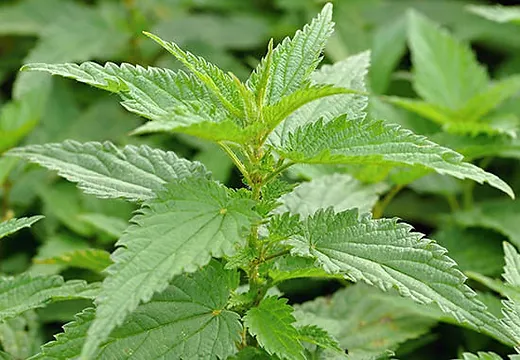
The Multifunctional Nettle Plant:
The Nettle plant, scientifically known as Urtica dioica, is ubiquitously found across diverse regions of the globe. It’s infamously recognized for its stinging hairs filled with irritants, but beneath this lies a treasure trove of nutritional elements and organic compounds beneficial for agricultural endeavors.
- Nutrient-Rich: Nettles are a repository of vital nutrients like nitrogen, potassium, calcium, and iron, establishing them as a phenomenal natural fertilizer source.
- Pesticidal Qualities: The plant is laden with compounds such as lectins, formic acid, and histamine, which can be leveraged to formulate an eco-friendly pesticide, offering an innate pest-resistant shield.
Crafting Nettle Fertilizer:
Creating nettle fertilizer is straightforward, offering a nutrient-rich supplement for plants. Below is a concise guide for concocting this natural fertilizer:
Ingredients:
- Fresh nettle leaves and stems
- A sizable container or bucket
- Water
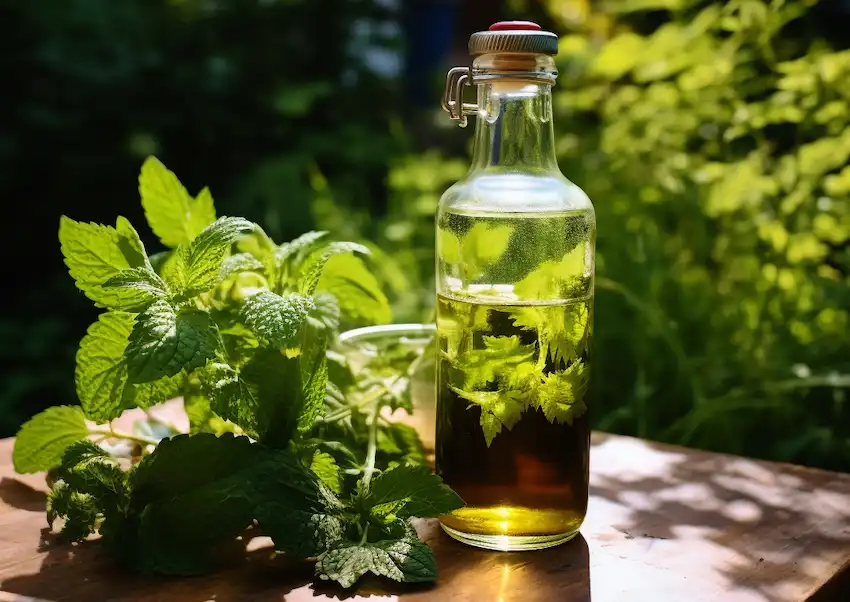
Steps:
- Harvest Nettles: Gather fresh nettle components, wearing gloves to evade stings.
- Chop Nettles: Dissect the harvested nettles into finer pieces.
- Submerge in Container: Place the chopped nettles in a container and submerge them in water.
- Fermentation: Secure the container and allow the mixture to ferment for a couple of weeks, stirring intermittently.
- Strain the Liquid: Post-fermentation, extract the liquid and dispose of the solid remnants.
- Dilution: Mix the liquid with water in a 1:10 ratio to obtain the nettle fertilizer.
Application of Nettle Fertilizer Pesticide:
This fertilizer can be administered to plants in various manners:
- Foliar Spray: A diluted mixture can be sprayed on plant leaves, enhancing nutrient assimilation and serving as a natural pesticide.
- Soil Drench: Directly pour the diluted mixture around the plants’ root region to fortify them with essential nutrients.
Advantages of Nettle Fertilizer Pesticide:
- Eco-Conscious: This fertilizer is an ecologically viable substitute to chemical counterparts, mitigating the environmental footprint of agricultural activities.
- Economic Viability: The widespread availability of nettles renders this a cost-efficient alternative for cultivators.
- Strengthened Plant Vitality: It not only infuses plants with crucial nutrients but also augments their resilience against pests and diseases.
- Chemical Independence: Incorporation of this natural fertilizer diminishes reliance on synthetic chemicals, fostering the well-being of ecosystems.
- Soil Enrichment: It aids in enhancing soil composition and fertility progressively.
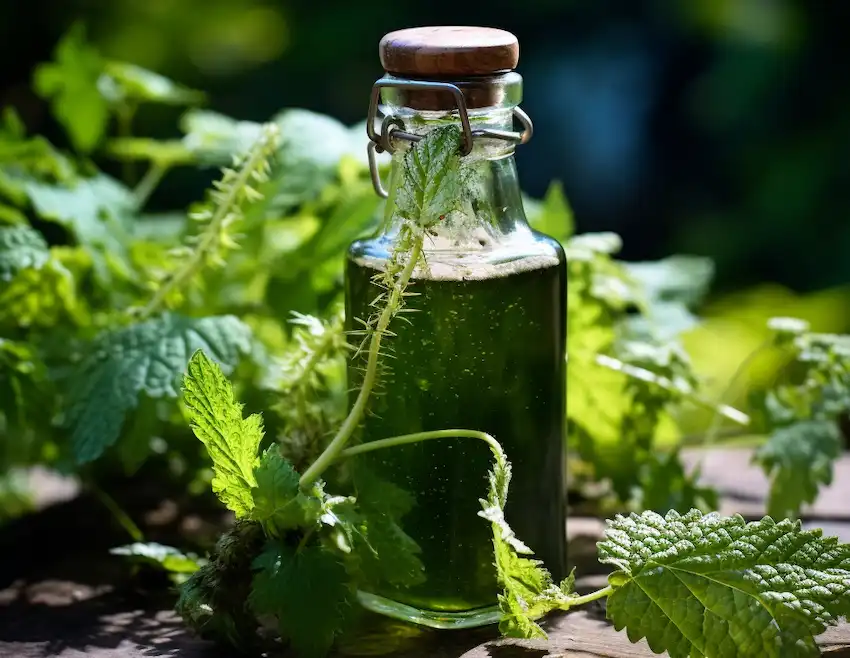
Employing nettle fertilizer pesticide is an innovative stride towards environmentally-conscious agriculture. By exploiting the potentials of nettles, agriculturalists can nourish their crops and diminish ecological detriment. As the journey for sustainable agricultural methods advances, the inherent and effective qualities of nettle fertilizer pesticide certainly warrant incorporation in modern agricultural paradigms.
